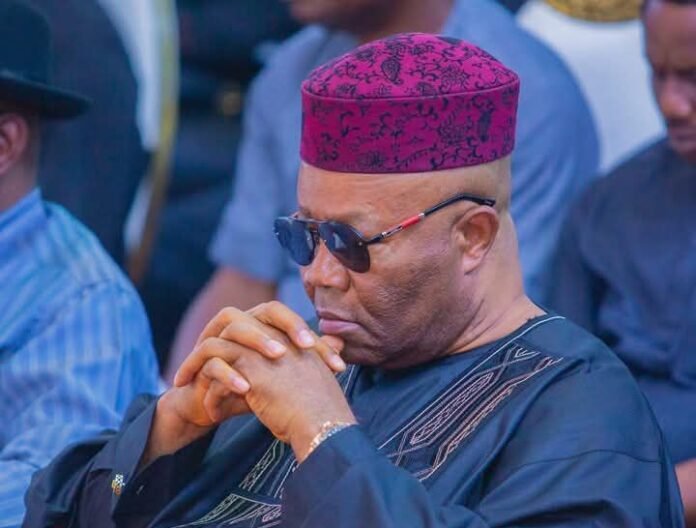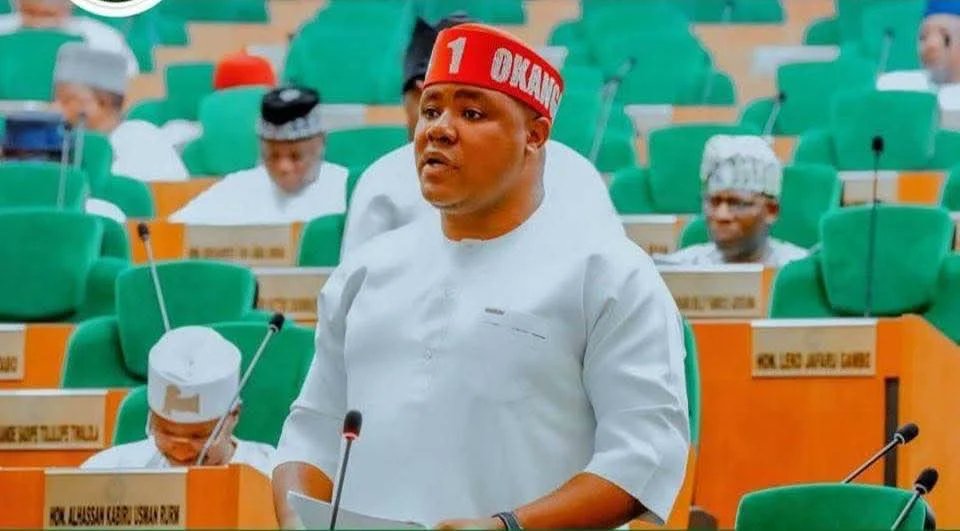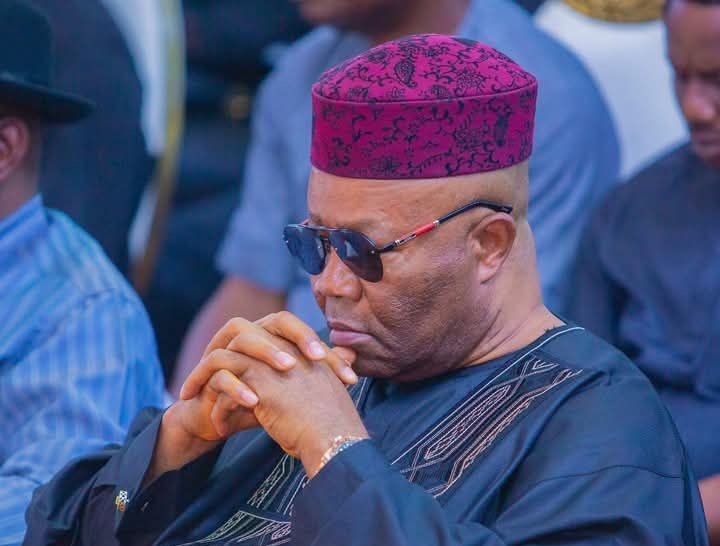President Bola Tinubu appears to be having an uphill task convincing the National Assembly over his decision to impose emergency rule in Rivers State. Feelers from both chambers of the Assembly suggest his minders are struggling to gather the required two-thirds majority needed to approve the emergency rule in the oil-rich state.
On Tuesday, Tinubu declared a state of emergency in Rivers, citing the prolonged political crisis. Furthermore, he suspended Governor Siminalayi Fubara, Deputy Governor Ngozi Odu, and all state assembly members for six months. In their place, he appointed retired Vice-Admiral Ibok-Ete Ibas as the state administrator.
The action has drawn sharp criticism from political and legal experts, who question its constitutional backing.
Assembly Members Push Back
For the emergency rule to take effect, according to Nigeria’s constitution Tinubu needs approval from at least 240 House of Representatives members and 73 senators.
Several lawmakers are reportedly unconvinced of the legality or even necessity of the emergency action, with many arguing that the 1999 Constitution does not grant the president the authority to suspend an elected governor.
“There is a raging debate on where the president derived the power to suspend an elected governor,” a senator told reporters. “This is not expressly provided for in the constitution.”
Another lawmaker questioned Tinubu’s authority to appoint an administrator, pointing out that no such provision exists in Nigerian law. “We are not under a military government,” the lawmaker said. “The people of Rivers State elected their governor. It is not within the president’s power to handpick a replacement.”
Political Divide and Delays
The National Assembly was expected to discuss the matter on Wednesday, but the Senate deferred the motion to Thursday amid heated arguments among members. Lawmakers remain divided, with some members of the All Progressives Congress (APC) also hesitant to back their government..
“The president did not do his homework before declaring the state of emergency, and he has now put us in a difficult situation,” an APC senator admitted.
One of the major concerns is the requirement for an in-person vote. “There is no provision for absentee or WhatsApp voting,” another senator observed. “Every member will stand up and declare if they are in support of or against the declaration.”
The constitution mandates that all 469 lawmakers must participate in the vote. With a good number of them said to be away in Saudi Arabia for the lesser Hajj, forming a quorum has become another challenge.
“Even if we manage to form a quorum, the constitution says the vote shall involve all members — meaning 109 in the Senate and 360 in the House,” a member of the House of Representatives explained.
It would mean that an absentee vote is a minus for the president
A Costly Political Gamble?
Tinubu’s team may have miscalculated the political atmosphere before making the emergency declaration.
Despite the presidency’s claims that consultations were made, Tinubu’s letter informing the House of Representatives of his decision was not actually read during Wednesday’s plenary.
Meanwhile, the Senate stepped down a motion for the emergency rule’s consideration. If Tinubu fails to secure the required votes by Thursday, the emergency rule will be revoked, and Fubara will return to office.
The outcome of this high-stakes political battle remains uncertain, but one thing is clear—many lawmakers are not willing to rubber-stamp this move which some of them fear could set a dangerous precedence to justify dictatorial leaders in future against subnational government.
“What stops another president from using the same method to remove any governor they dislike?” asked one Senator.
Like 👍, Comment, share this article, and Follow us on our social media handles.







